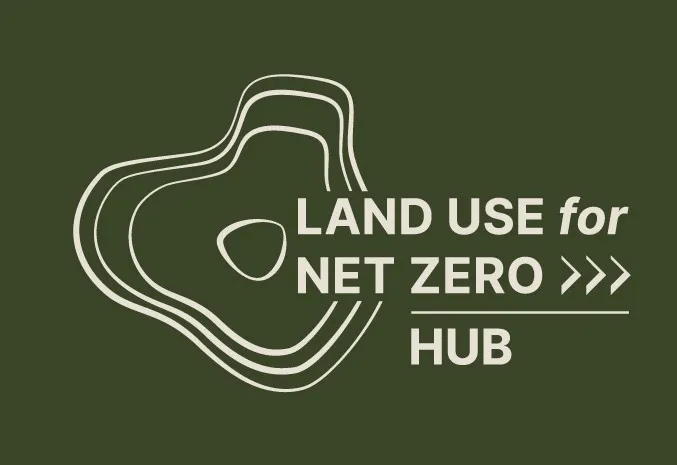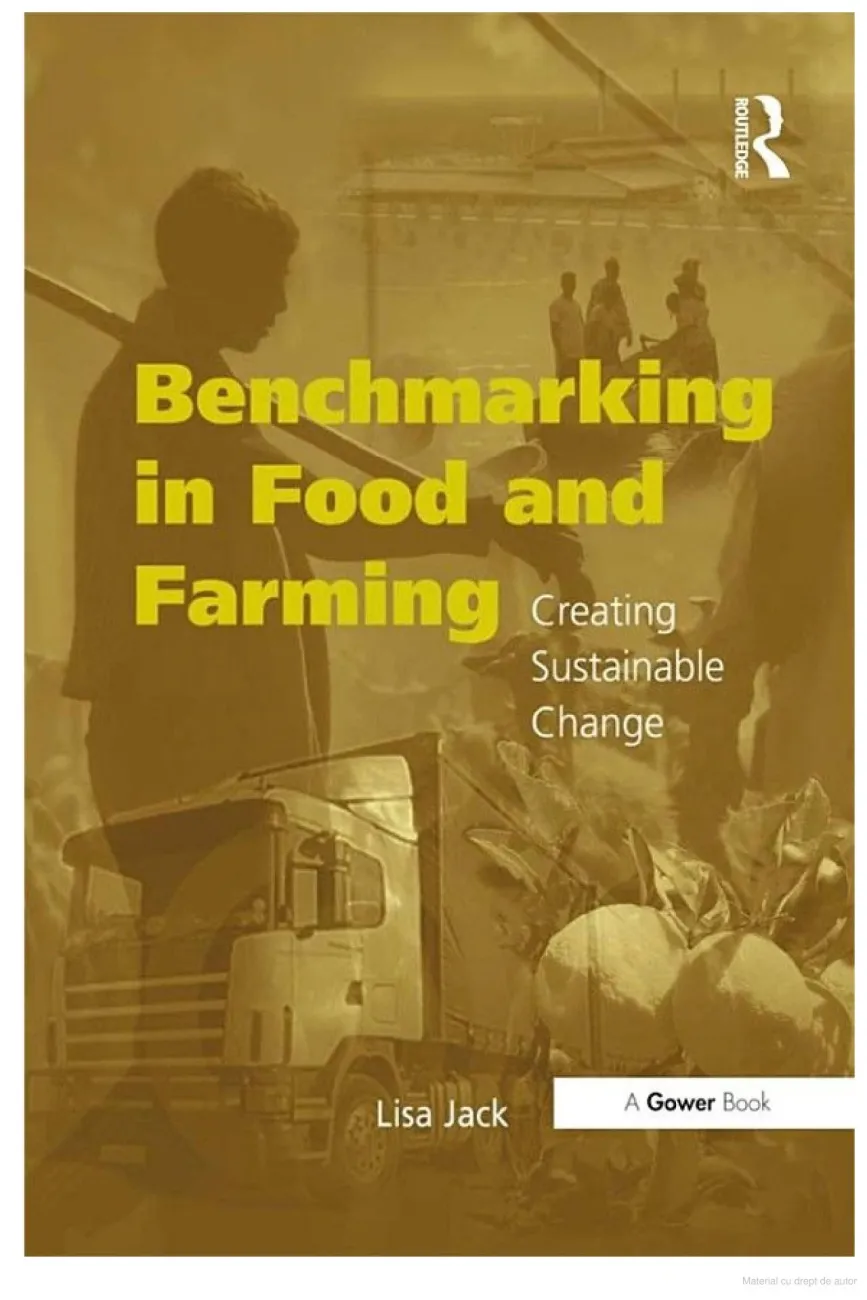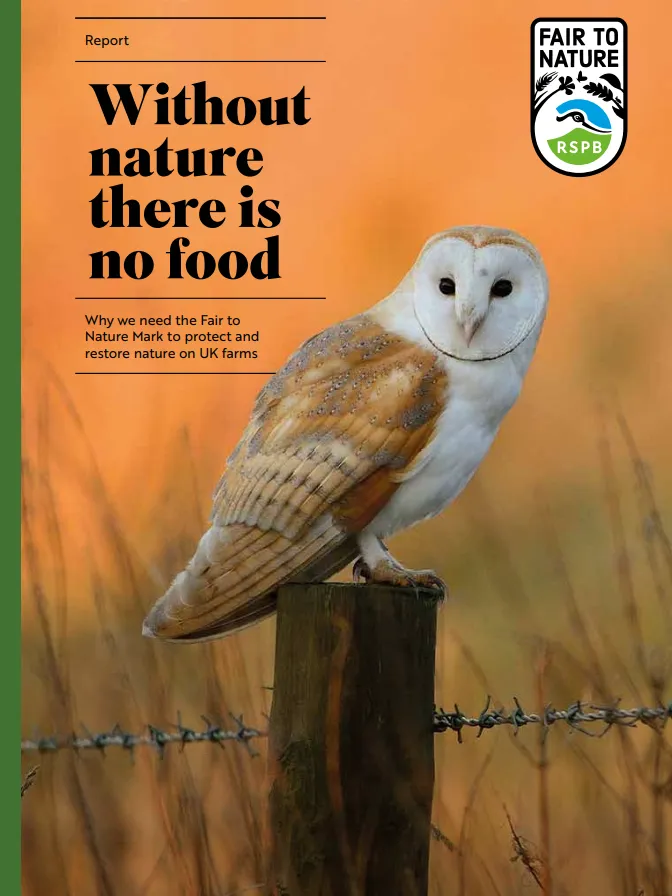The International Trade Center’s (ITC) Trade and Environment Unit has recently released a training manual aimed at addressing climate change in the tea sector. With climate change already having an impact on both the quality and quantity of tea the manual sets out to help tea farmers and factories lower their emissions and reduce energy costs. One of the reasons for the focus on factories is that exporters are increasingly subject to requirements set by buyers and retailers to measure and reduce carbon emissions.

The step-by-step manual provides an overview of climate change in the tea sector, outlines options for tea factory managers and farm extension officers, and provides guidance on how to carry out a carbon footprint measurement. The manual is a result of a partnership between ITC and the Ethical Tea Partnership, the Rainforest Alliance and FLOCERT and builds on a Kenya Tea Development Agency factory pilot case. It was tested in Chinga tea factory in Kenya, where improvements of energy efficiency were shown with electricity costs decreased by 25% last year. Trainings were also conducted on climate change adaptation in the tea sector.
Read more about the manual here and see a video discussing it here. For more on climate change mitigation of emissions within agriculture, see the FCRN research library section on this topic here.
On the subject of beverages, note that there is a Forum post from FCRN member Charles Henderson on coffee here.




Comments (0)